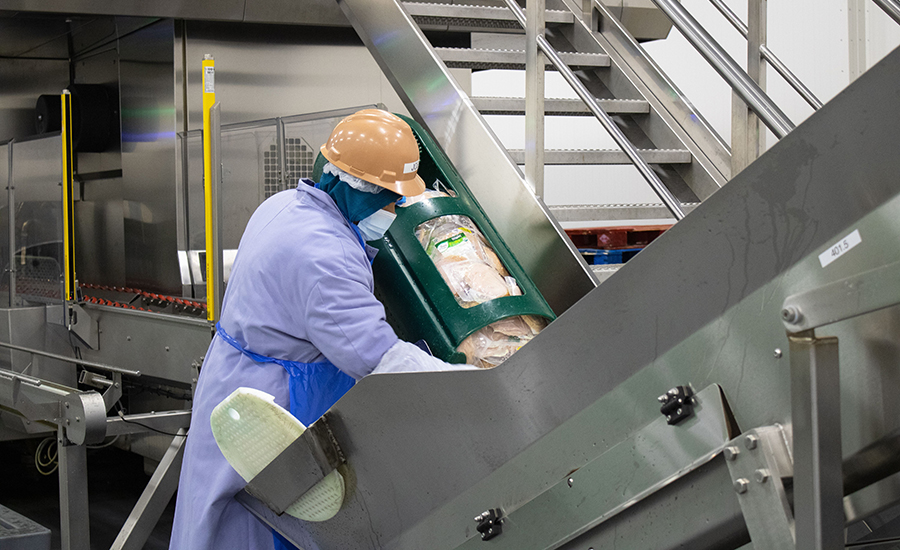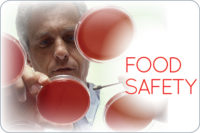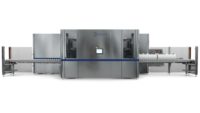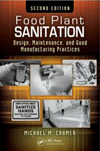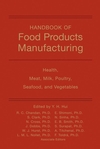Years ago, technology innovation was a challenge for the meat industry. There were limited options to create new products and expand shelf life. As a result, product variety and distribution were restricted to local geographies.
Fast forward to today and many meat producers are using high-pressure processing (HPP) not only for food safety but also to maintain freshness, nutrients, quality, and taste without preservatives. HPP, a non-thermal pasteurization method, also provides extended shelf life so that producers can expand sales regionally and nationally.
For Old Neighborhood Foods, HPP has been a game changer, enabling the company to develop new products and expand its sales from its headquarters in Massachusetts to national locations.
Since its beginnings, Old Neighborhood Foods has always been focused on providing natural products without preservatives. In 1914, my great-grandmother, a Greek immigrant, made a Greek sausage called locanico for the community in Lynn, Mass., a town just outside of Boston. She soon began selling to Boston families, and Old Neighborhood Foods was born.
When my father returned from the Vietnam War, he expanded the company and its product offerings. We were committed to keeping our foods all-natural, with no artificial ingredients antibiotics, or preservatives. But shelf life was stifling our growth.
We learned about HPP and started out by using a toller, a third-party service provider. But we realized that if we wanted to grow, we needed to make the financial investment in our own equipment. We purchased our first Hiperbaric 420 machine in 2014 and installed it in 2015.
Purchasing a machine was a big commitment, as we needed to build a facility to house the unit and make a significant capital investment. Having our own equipment, however, allowed us to save on transportation and logistics costs. We offset some expenses by providing HPP for other companies, but today we mostly use the process for our own products.
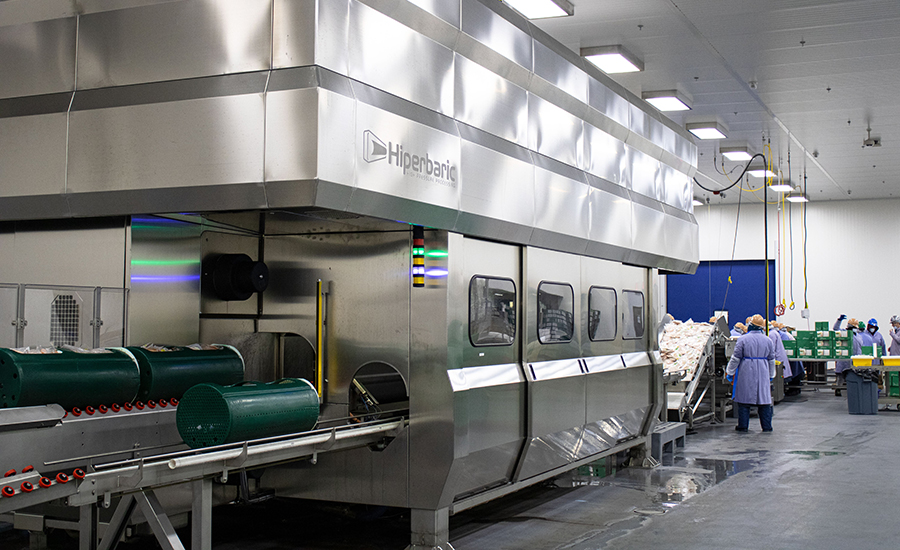
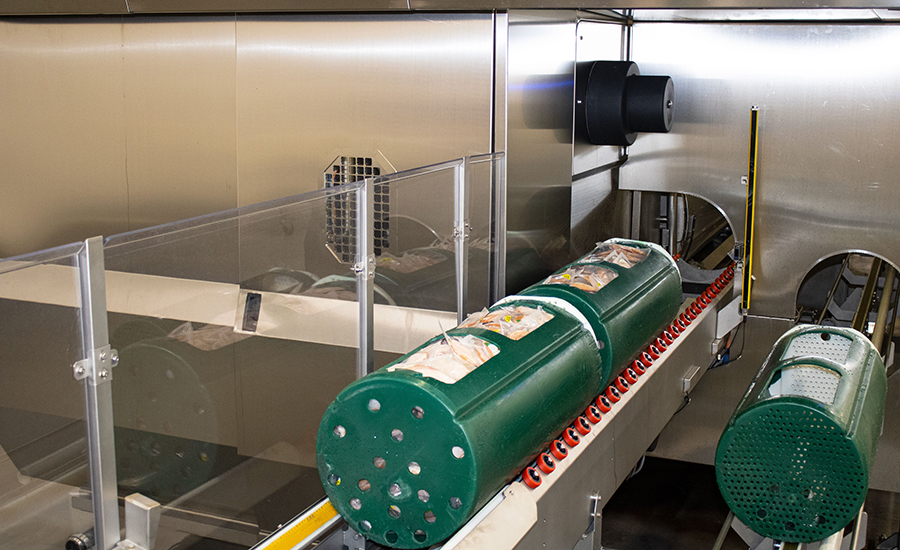
Whether owning an HPP machine or tolling, the benefits of HPP open the potential for limitless growth.
HPP has allowed us to increase shelf life for our pre-sliced organic deli meat from 49 days to 120 days, a 60% increase. We can now build inventories and ship deli meats all over country, to foodservice and retailers including Kroger and Aldi. HPP technology has enabled us to grow from a regional to a national manufacturer, and our business has expanded by approximately 25%.
HPP has also enabled our company to start a marinated meat line. Competition in this space is high, but HPP allowed us to enter the market with extended shelf-life products. Today, it’s one of our fastest-growing categories. All raw meats typically have a seven- to 10-day shelf life, but with HPP, our raw marinated chicken products now have a 42-day shelf life, and our raw marinated steak products have a 56-day shelf life.
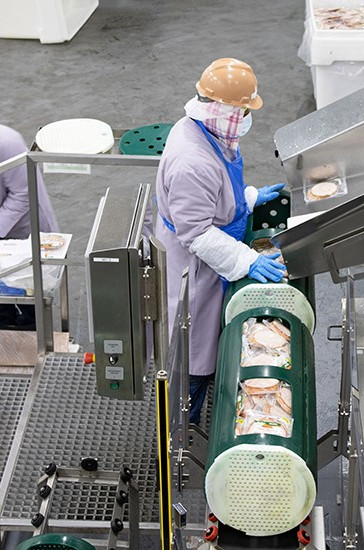
HPP also brings automation and digital benefits to our company. The HPP machines help streamline operations, reducing waste and line labor. We can access data captured through the HPP process to help increase efficiencies throughout our production process. Data collection and understanding different yields is critical to ensuring our operations run smoothly and continuously improve.
We recently purchased a second HPP machine from Hiperbaric, and we love their 24/7 customer support.
Today, we have more than 500 employees and our products include deli meats, marinated meats, organic hot dogs, chicken sausage, sliced corn beef, and pastrami. We continue to grow our product lines, including shaved meats and skewers.
HPP is still a big part of our business’s success. With new advances on the horizon, we look forward to additional improvements this technology will bring.
Andrew Demakes is director of operations for Old Neighborhood Foods, a fourth-generation, family-owned producer of meat products.
